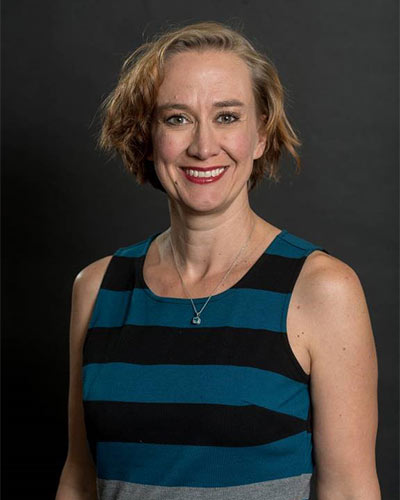 Nancy Cheak-Zamora
Nancy Cheak-Zamora
Dr. Nancy Cheak-Zamora has over 20 years of experience working with autistic children and youth in both clinical and research settings. Her research on Health Care Transition (HCT) for autistic youth is the first in the field and has led to improvements in healthcare delivery as well as inspired further research in this area. Additionally, she has experience as a health services researcher in areas of health care quality improvement, HIV care, health communication and literacy, measurement development and examination of health status, health care utilization, and quality of care of children and youth with disabilities.
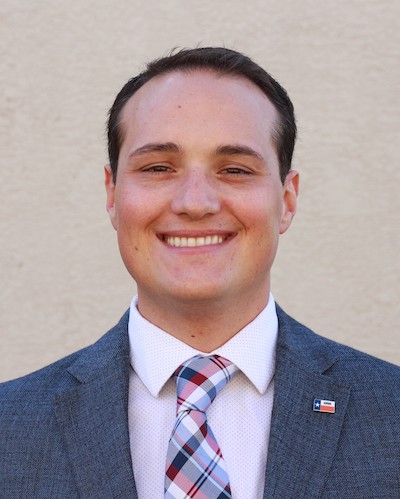 Kelley Cheever
Kelley Cheever
Dr. Cheever is interested in health disparities in adolescent athletes. Specifically, access to sports-related injury care. Some of his primary research has looked at barriers to injury reporting and care seeking among low socioeconomic status and racial minority youth in the south cental Texas area. As athletic trainers traditionally serve as a primary point of care for adolescent athletes, he seeks to explore disparities between those athletes who have access to an athletic trainer and those who do not. This work is of critical importance as sports-related injury is one of the top reasons for failure to persist in athletics among adolescents, suggesting an injury that is uncared for may increase the risk of adolescent health inequities associated with inactivity.
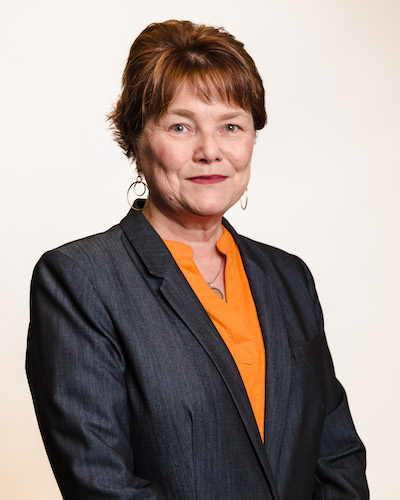 Lynne Cossman
Lynne Cossman
Dr. Jeralynn (Lynne) Cossman has research and teaching interests in medical sociology, demography, and health services research. She is a Professor of Sociology and Professor of Demography, the Mark G. Yudof Dean's Endowed Professor, and the Inaugural Dean of the University of Texas at San Antonio (UTSA) College for Health, Community and Policy.
Her current research focuses on spatial concentrations of mortality and morbidity and the opioid epidemic. Her research projects have been funded by The Robert Wood Johnson Foundation, the U.S. Department of Health and Human Services, and Mississippi’s Division of Medicaid. Her work has been published in several sociology and interdisciplinary journals including the American Journal of Public Health, Social Problems, Health and Place, Population Research and Policy Review, Sociological Inquiry, and Sociological Spectrum.
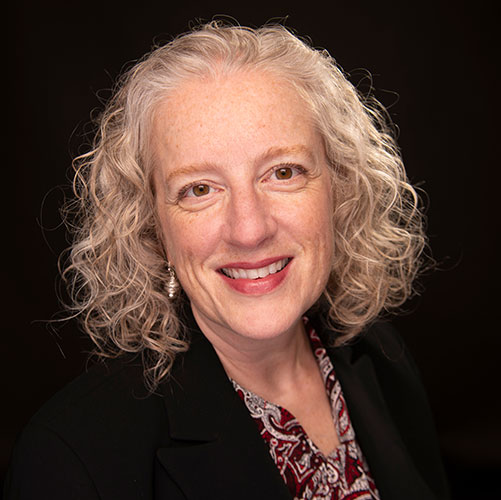 Tracy Cowden
Tracy Cowden
Tracy Cowden is a pianist who performs frequently in duos and chamber music, and she is active in commissioning and performing 21st century chamber works. Cowden is the Roland K. Blumberg Endowed Professor in Music and Chair of the Department of Music at The University of Texas at San Antonio. Her recent work includes performing in health care settings and facilitating interdisciplinary research regarding music and health; she is a member of the Brain Health Consortium at UTSA.
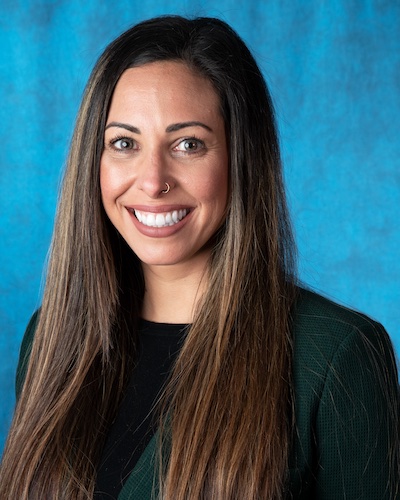 Chantal Fahmy
Chantal Fahmy
Chantal Fahmy is an Assistant Professor in the Department of Criminology and Criminal Justice at The University of Texas at San Antonio. She received her bachelor's degree from the University of California, Irvine; her master's degree from California State University, Long Beach; and her Ph.D. in Criminology and Criminal Justice from Arizona State University. Her research focuses on reentry and reintegration from prison, health criminology, social support and social health, and the intersection of public health and incarceration. Her recent work has been published in Social Science & Medicine, Health & Justice, Preventive Medicine, Journal of Traumatic Stress, and Journal of Mental Health.
Disparities--from racial to socioeconomic to health-related--abound for those who have contact with the criminal justice system. The focus on disparities among people who have served time behind bars is seamlessly integrated in any research that aims to improve the health and wellbeing of those leaving incarceration and reentering the community. In many ways, my research cuts across those distinct areas. Currently, I'm working on a seed grant from the BHC looking at traumatic brain injury for those who have spent time incarcerated in prisons or jails in the greater Bexar County area. I am hoping to expand this area of research (with some former HCAP colleagues) and using these data as pilot data to apply for external funding mechanisms in the upcoming year.
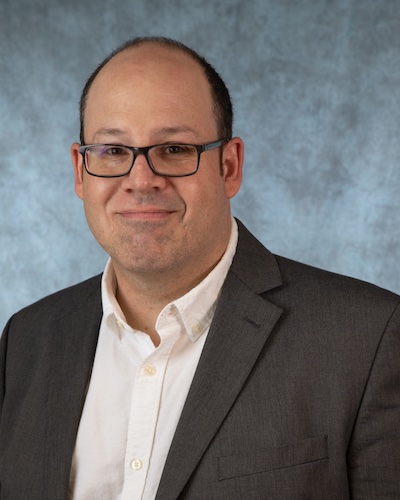 Terrence Hill
Terrence Hill
Dr. Hill's research examines social inequalities in health and human suffering. He am especially interested in how social factors like religion, socioeconomic status, social relationships, and neighborhood context contribute to health disparities. To date, he has published over 150 peer-reviewed manuscripts. According to Google Scholar, his work has been cited over 8,000 times.
 Jeff Howard
Jeff Howard
Dr. Howard's research is situated within the broader Life Course Perspective, and focuses on how various harmful exposures, which he conceptualizes as injuries, contribute to acceleration of the aging process and cause premature mortality by triggering physiological dysregulation. The common theme that runs through all of his research is the idea that whatever doesn’t kill you doesn’t make you stronger. Stated another way, his work seeks to identify the pathways through which harmful exposures translate into accelerated aging and premature mortality. Understanding this process better may enable more effective prevention, coping and therapeutic interventions at the individual and population level. His research is concentrated within 4 specific domains of injury exposures, including (1) racism/discrimination, (2) occupational (primarily military service/combat exposure), (3) environmental and other mass traumatic events, and (4) substance use/misuse, and how these processes operate within the contexts of short-term (immediate death/survival) and long-term consequences (accelerated aging, chronic disease and premature mortality).
 Jenny Hsieh
Jenny Hsieh
Jenny Hsieh is the founding chair of the Department of Neuroscience, Developmental and Regenerative Biology in the College of Sciences at the University of Texas at San Antonio. She is also the founding director of the UTSA Brain Health Consortium. She holds the Semmes Foundation Distinguished Chair in Cell Biology. Dr. Hsieh and her trainees studied many of the genes responsible for newly generated neurons in the adult mammalian hippocampus. Her work showed that aberrant neurogenesis contributes to temporal lobe epilepsy. Her most recent work focuses on using human brain organoid models to study neurodevelopmental and neurodegenerative disorders. Dr. Hsieh is interested in addressing health disparities in the biological mechanisms of epilepsy and Alzheimer's disease, particularly the role of genetic risk factors.
 Ying Huang
Ying Huang
Dr. Huang is a demographer and sociologist whose research centers on ecological context and urban stratification. Her work investigates how residential histories and contextual circumstances influence individual well-being. She is particularly interested in exploring the mechanisms that produce and reinforce broader patterns of urban spatial inequality, including residential segregation and economic disparities, and contribute to “neighborhood effects” on health and well-being.
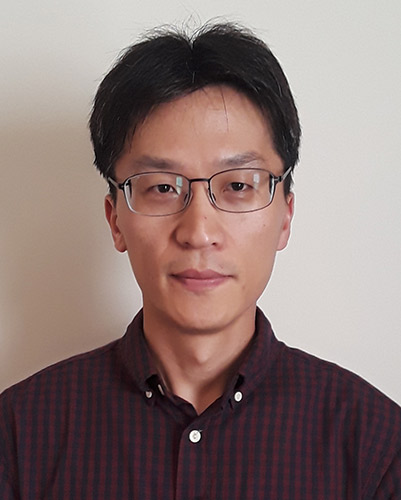 Jusung Lee
Jusung Lee
Jusung Lee is an Assistant Professor in the Department of Public Health at the University of Texas at San Antonio. His research focused on the impact of social determinants of health, including social policy at various levels, on improving access to care, health behaviors, and health outcomes. His research also seeks to identify evidence-based solutions to reduce health disparities among disadvantaged and marginalized populations. Recent research projects have explored the relationship between reproductive health behaviors and health outcomes in relation to state and national health policies.
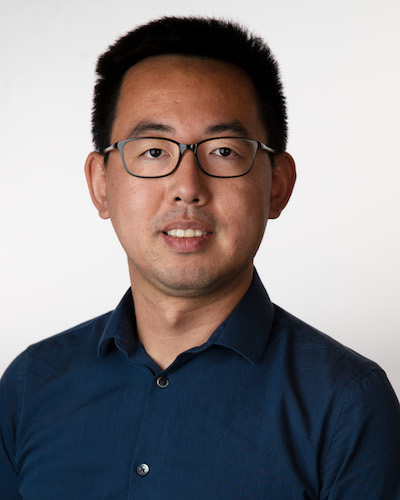 Zhiyong Lin
Zhiyong Lin
Dr. Lin is conducting research on health and care disparities across the life course. His current project explores two main areas: 1) the unequal distribution of social isolation across various social identities, and 2) disparities in unmet care needs among older adults.
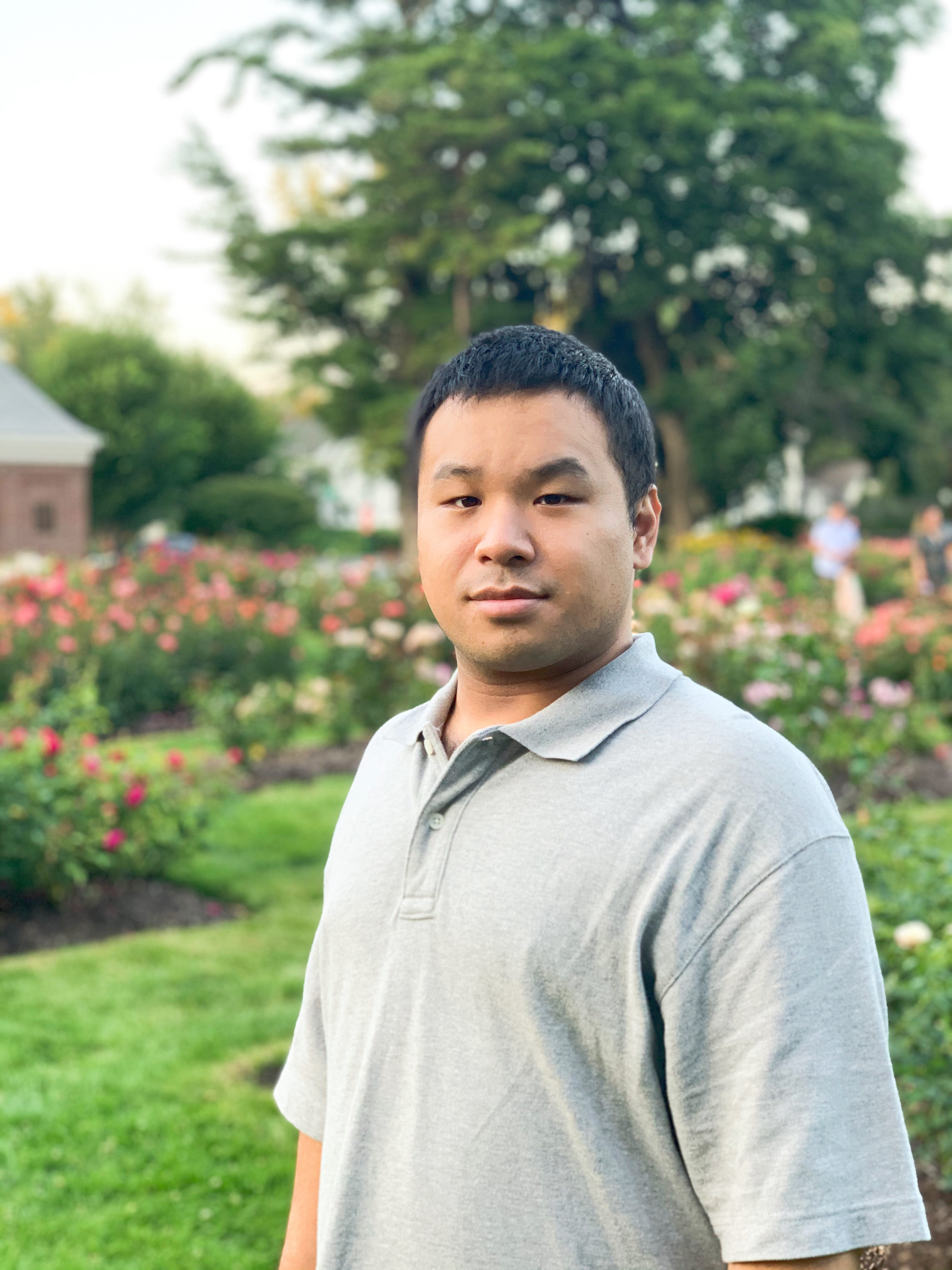 Han Liu
Han Liu
Dr. Han Liu’s research centers on the intersection of social stratification, population health, and demography. Within these general areas, his projects primarily focus on 1) social and environmental determinants of health disparities, 2) the consequences of early-life health on children and their families, and 3) spatial heterogeneity in immigrants’ well-being.
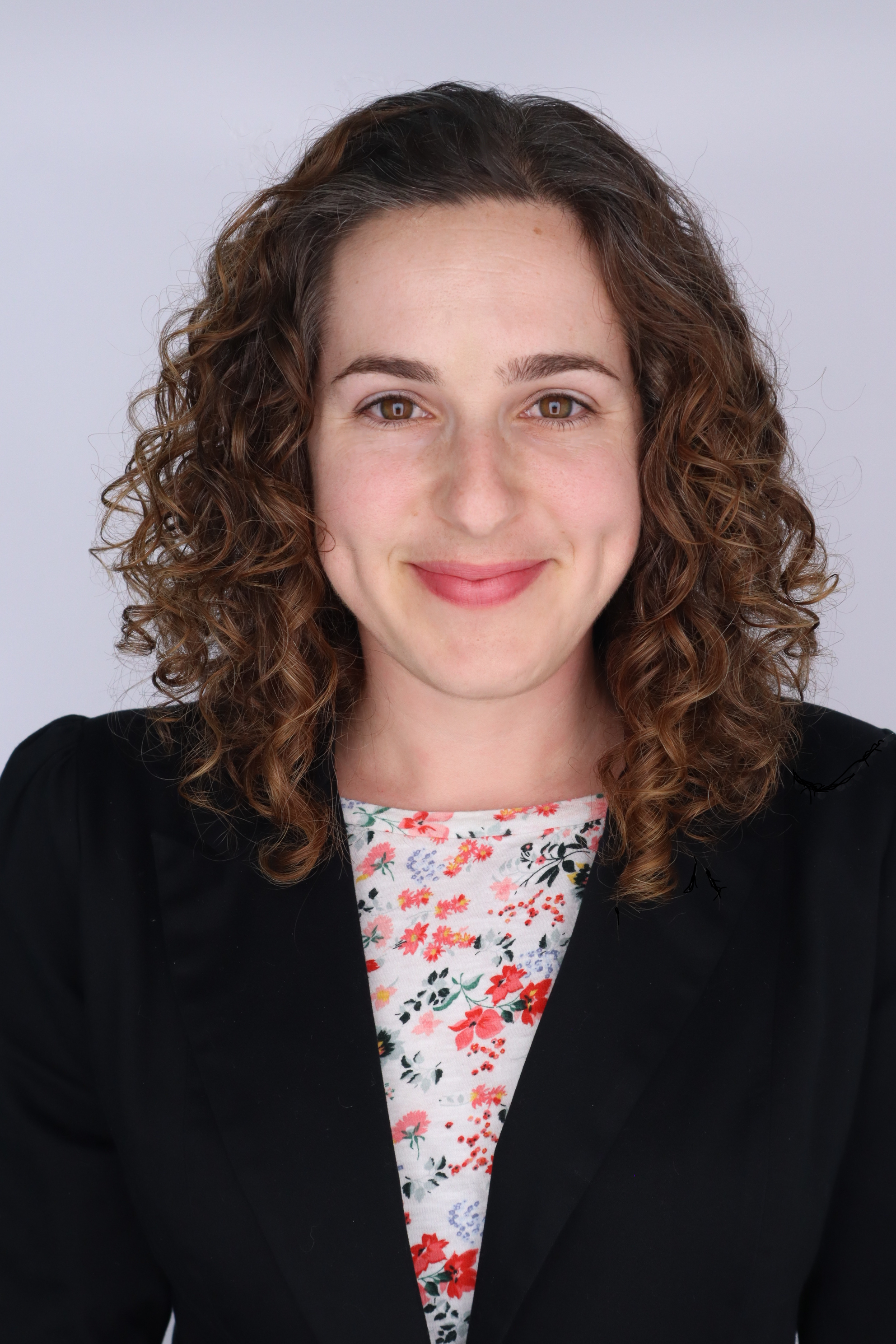 Melissa Manus
Melissa Manus
Dr. Melissa Manus is an Assistant Professor of Anthropology at UTSA. Her research applies ecological and evolutionary perspectives to answer questions about early life environments, the human microbiome, and health. During infancy, the microbiome is sensitive to environmental variation and directly interfaces with nutrition and immune system activity. Melissa's work explores the drivers of infant microbiome development in an effort to uncover the environmental origins of infant health disparities. She is particularly interested in the influence of social environments on the infant microbiome and health, as these dynamics are relevant to questions about human evolution as well as contemporary issues in global health.
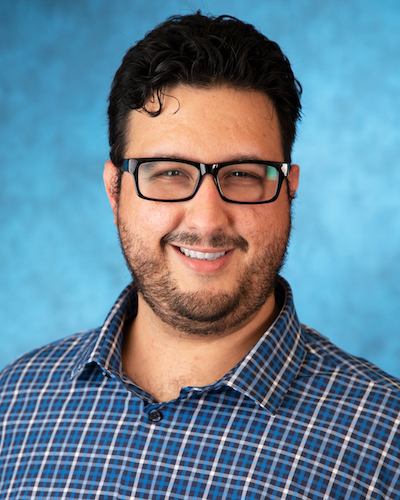 Alan Meca
Alan Meca
Dr. Meca is an Assistant Professor in the Department of Psychology at the University of Texas at San Antonio. His research program focuses on identity development across various domains and on the links between identity and psychosocial functioning. Although he studies identity development broadly, the majority of his research has focused on cultural identity, particularly among Hispanic/Latinx youth.
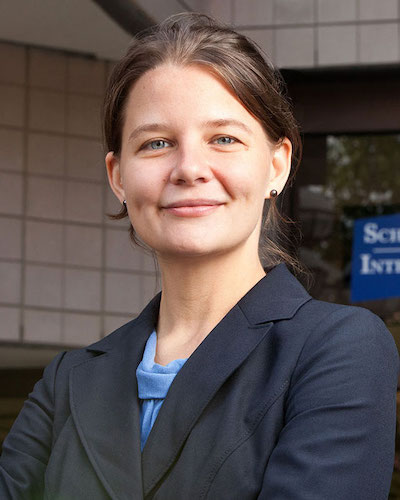 Emily Nicklett
Emily Nicklett
Emily Nicklett, PhD, MS, MSW, is an Associate Professor in Social Work at the University of Texas at San Antonio. Her active research agenda concerns social and contextual determinants of health in midlife and older adulthood. Her research focuses on aging, social determinants of health, chronic disease self-management, social support, and community effects on health. Professor Nicklett is an authority on the social predictors of health outcomes among middle aged and older adults with type 2 diabetes. Recent research includes examining social predictors of diet/nutritional status, physical activity, and community predictors of outcomes among diverse populations of older adults. Dr. Nicklett has also worked as a policy analyst, consultant, and advisor to organizations including United Nations Children’s Fund (UNICEF), the New York City Department of Health and Mental Hygiene, and the Centers for Disease Control and Prevention (CDC). Dr. Nicklett completed a Master of Social Work (MSW) from Columbia University, a doctorate in Sociology and Public Health from the University of Michigan, and a post-doctoral fellowship at the Center on Aging and Health at Johns Hopkins University.
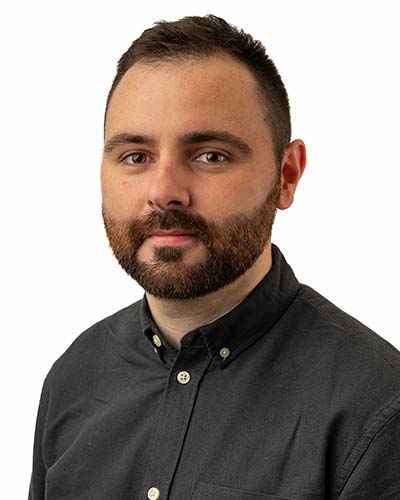 Adam O'Riordan
Adam O'Riordan
Dr. Adam O' Riordan is an Assistant Professor of Psychology in the Department of Psychology at the University of Texas at San Antonio. His research is in the area of health psychology, with a particular focus on stress and cardiovascular psychophysiology. His work aims to explore how psychological factors, such as personality, as well as social factors like social support, loneliness, and negative social relationships, influence stress physiology and overall health.
 Stephen Pan
Stephen Pan
Dr. Stephen W. Pan is an assistant professor in the Department of Public Health at the University of Texas at San Antonio. Previously, Stephen worked as an epidemiologist and STI disease intervention specialist in Texas. His research focuses on policies and social and cultural processes that impact public health, particularly among minority populations. In collaboration with Metro Health, community partners, and other UTSA faculty, Dr. Pan is currently working on a project to better understand Mpox vaccine preferences among men in San Antonio. In addition, Dr. Pan is also implementing a project to elucidate healthcare preferences among new US immigrants from China. Students potentially interested in becoming involved with such projects are encouraged to contact Dr. Pan.
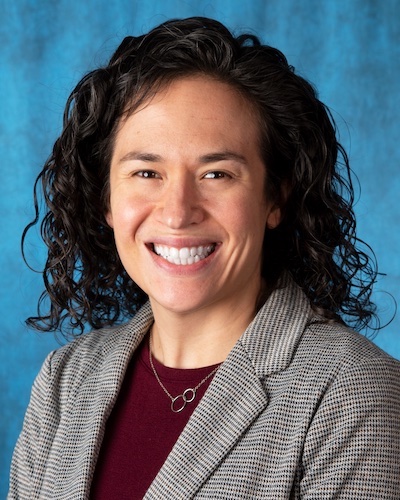 Shelby Scott
Shelby Scott
Dr. Shelby Scott is an Assistant Professor in the Department of Psychology at the University of Texas at San Antonio. Dr. Scott’s research focuses on building the basic science of sexual and gender minority families and integrating these findings into relationship interventions. She also conducts research on faculty success among underrepresented groups in academia (e.g., people of color, women). In addition to her research, Dr. Scott is also a licensed Clinical Psychologist and she has extensive clinical experience working with women, same-gender couples, and couples with transgender or nonbinary partners.
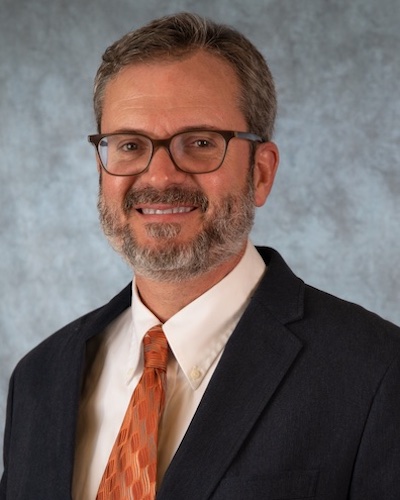 Ray Swisher
Ray Swisher
Professor Swisher is Chair of the Department of Sociology and Demography. He received his Ph.D. in Sociology from the University of North Carolina at Chapel Hill. His research focuses on risk factors in adolescence and the transition to adulthood in the lives of disadvantaged youth (e.g., neighborhood poverty, exposure to violence, parental incarceration) and their consequences for health and well-being across the life course. Recent work has focused on educational mobility and, in particular, challenges faced by first generation college students. Motivated by fundamental cause theory, and in collaboration with UTSA colleagues, he has also examined disparities in COVID-19 protective behavior, and inequalities in subjective life expectancy within the context of COVID-19.
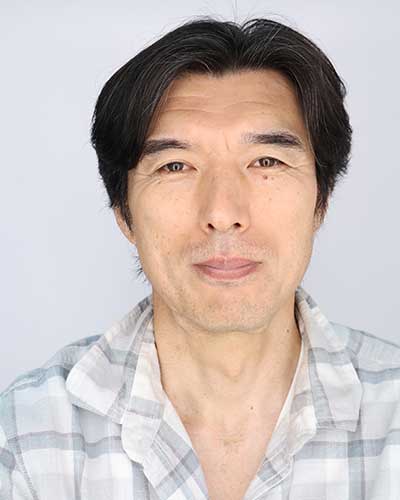 Masataka Umeda
Masataka Umeda
Dr. Masataka Umeda is a researcher trained in kinesiology (doctoral research) and clinical neurophysiology (postdoctoral research). His research examines pain and individual differences in pain using various pain tests, cardiovascular psychophysiology techniques, and physical activity assessments. Highly relevant to the IHDR, his research also looks at sex/gender and racial/ethnic differences in pain and potential biopsychobehavioral factors that may help reduce the differences in pain.
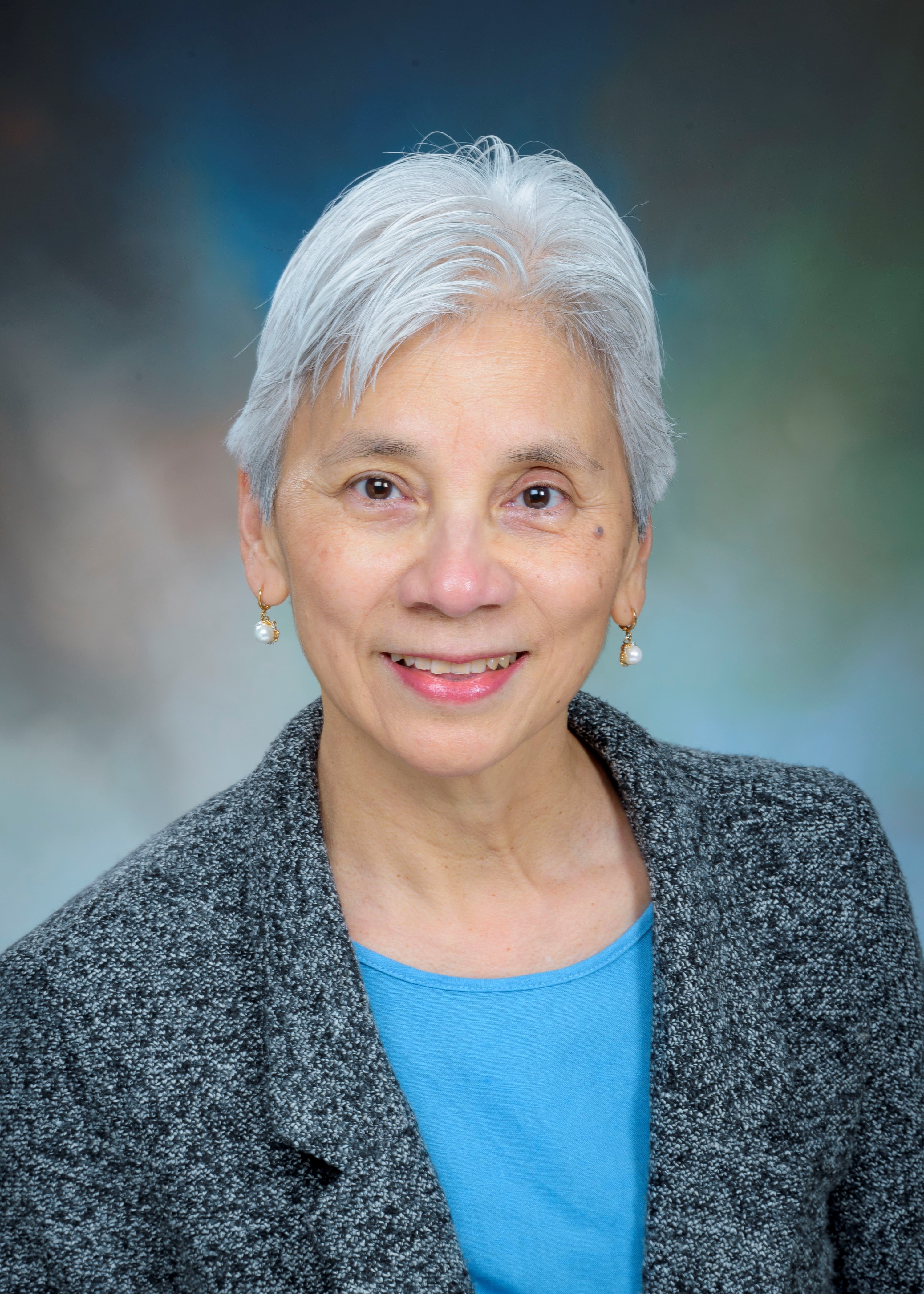 Rebeca Wong
Rebeca Wong
Dr. Wong’s research agenda focuses on the social and economic consequences of population aging, in particular in Mexico and among immigrant Hispanics in the U.S. She pioneered the use of cross-border analyses to understand health disparities among older populations of Hispanic origin and immigrants from Mexico in the United States. Her population-based research has been continuously funded by the National Institute on Aging for the last 30+ years. She serves as the Principal Investigator of the Mexican Health and Aging Study (MHAS), currently financed by the National Institute on Aging of the NIH and by the Statistical Bureau (INEGI) in Mexico. The study is a collaboration among institutions in Mexico and the U.S., and seeks to locate research on Mexico’s unique health dynamics in a broad socioeconomic context. The study has followed a large cohort of Mexican adults from urban and rural areas since 2001, and includes a national longitudinal survey of multiple purposes among population aged 50 and older, including the collection of biomarkers for chronic diseases and genetics of Alzheimer’s.
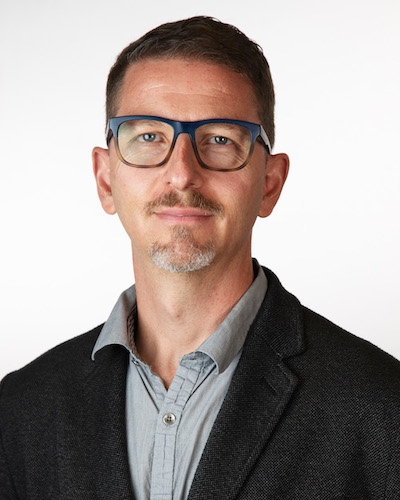 Fernando Riosmena
Fernando Riosmena
Fernando Riosmena is Professor of Sociology & Demography and IHDR Director. His research is aimed at understanding race-ethnic and gender disparities in chronic health, with a focus on the ways in which the accumulation of social experiences may accumulate or compound throughout the life course. In particular, Riosmena's research examines these issues in Mexican-origin and immigrant populations.

 Nancy Cheak-Zamora
Nancy Cheak-Zamora Kelley Cheever
Kelley Cheever Lynne Cossman
Lynne Cossman Tracy Cowden
Tracy Cowden Chantal Fahmy
Chantal Fahmy Terrence Hill
Terrence Hill Jeff Howard
Jeff Howard Jenny Hsieh
Jenny Hsieh Ying Huang
Ying Huang Jusung Lee
Jusung Lee Zhiyong Lin
Zhiyong Lin Han Liu
Han Liu Melissa Manus
Melissa Manus Alan Meca
Alan Meca Emily Nicklett
Emily Nicklett Adam O'Riordan
Adam O'Riordan Stephen Pan
Stephen Pan Shelby Scott
Shelby Scott Ray Swisher
Ray Swisher Masataka Umeda
Masataka Umeda Rebeca Wong
Rebeca Wong Fernando Riosmena
Fernando Riosmena